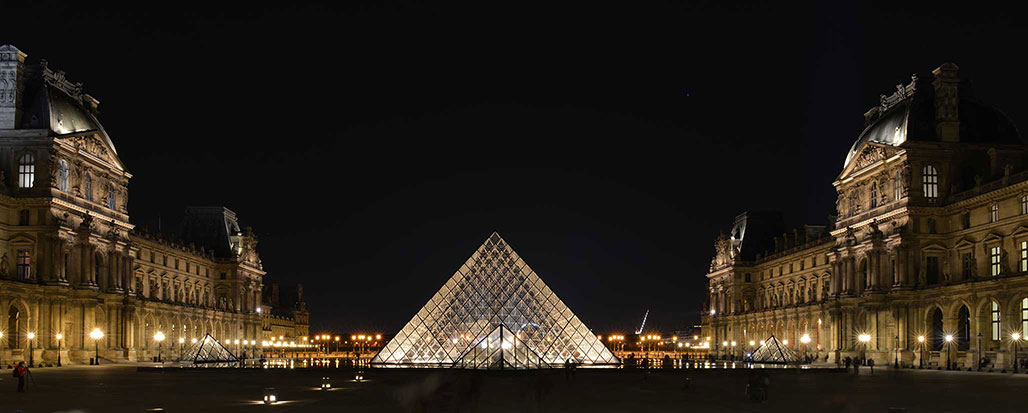While soaring along the coast of Peru, I could spot the plots of cultivated land squeezed into whatever area that the ingenuity of man permits. Meandering through the fields is the outline of what once was a river. Maybe it will return in a wetter season. However, on that day, it was nothing more than a thick line of dry sand etched into the landscape.
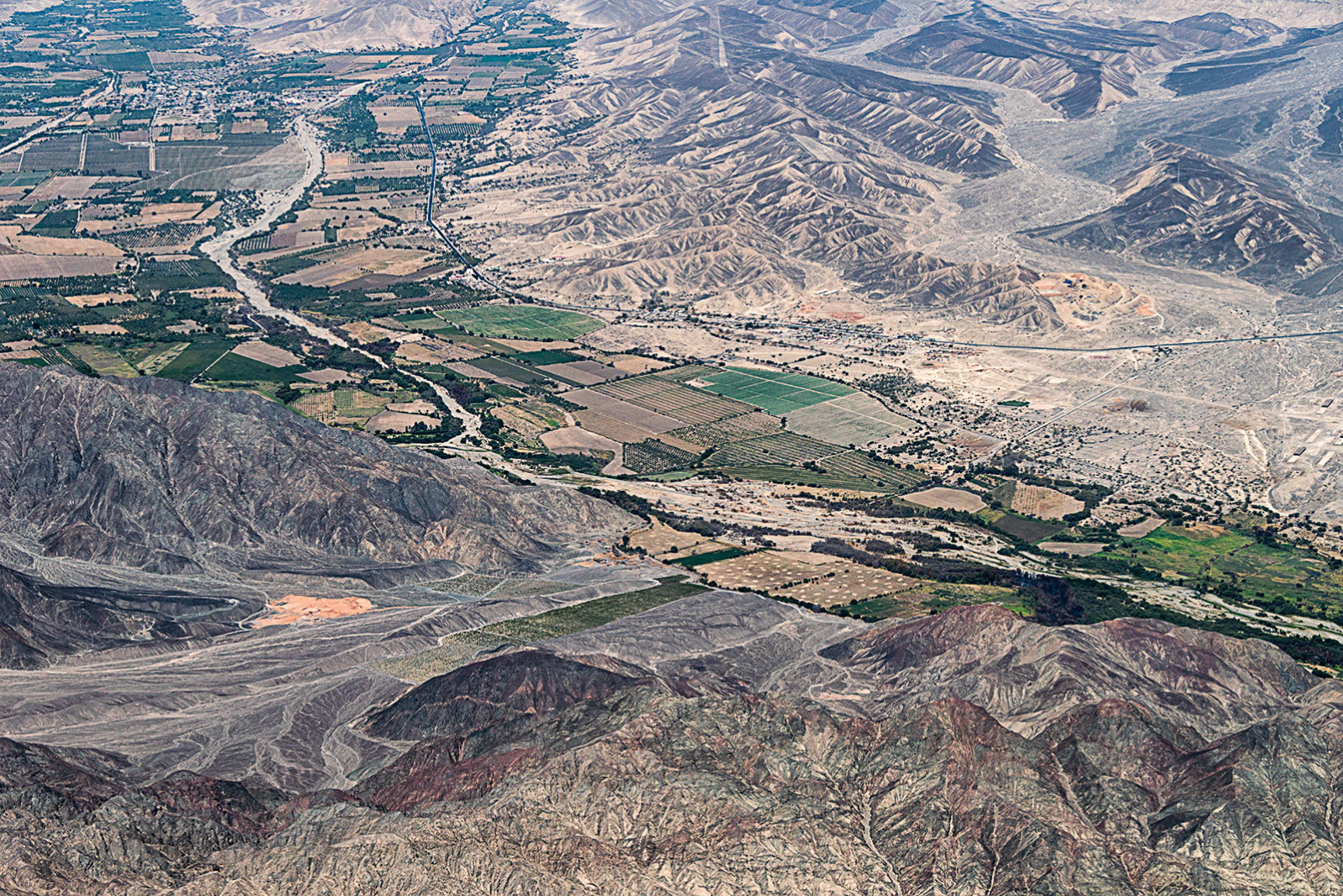
Camera: Nikon D800
Lens: Nikkor AF-S 28-300mm f/3.5-5.6G ED VR
ISO: 320
Focal Length: 72mm
Aperture: f/8.0
Shutter: 1/2000s
I’m looking back at some older photos and experimenting with different post-processing techniques. I had taken this waxing gibbous moon photo last year on May 12, 2015. For comparison, this photo of a 97% waxing gibbous moon was taken a day later. This most recent edit looks much sharper.
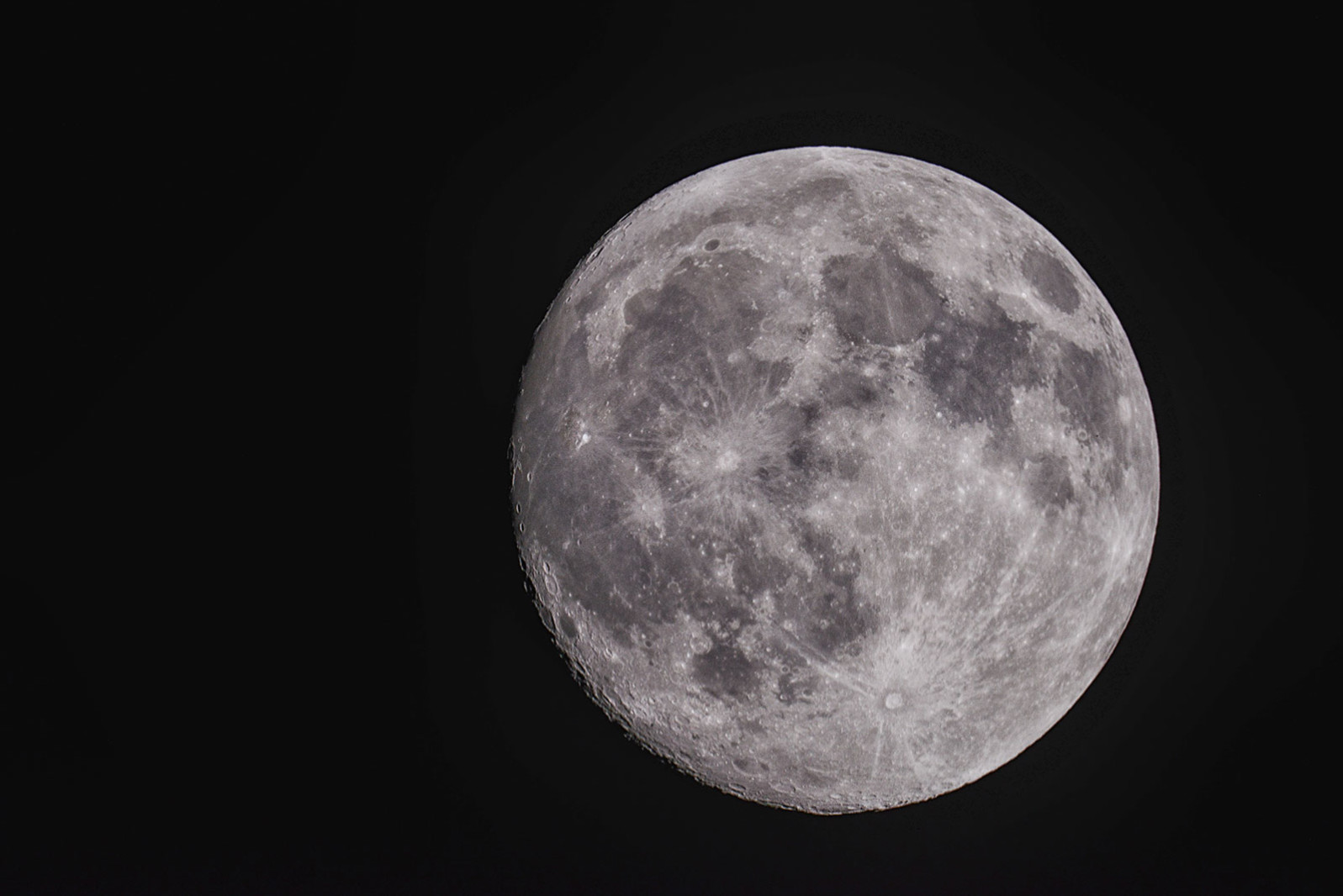
Ken Chan
December 31, 2015
On the last day of the year, I headed up to the hills for a sunrise photography session above Silicon Valley. Shoreline Amphitheatre, which is surrounded by the Google campus, is easily identifiable in the bottom of the photograph. Along the rolling hills in the background, wind turbines transform the winds into clean energy.
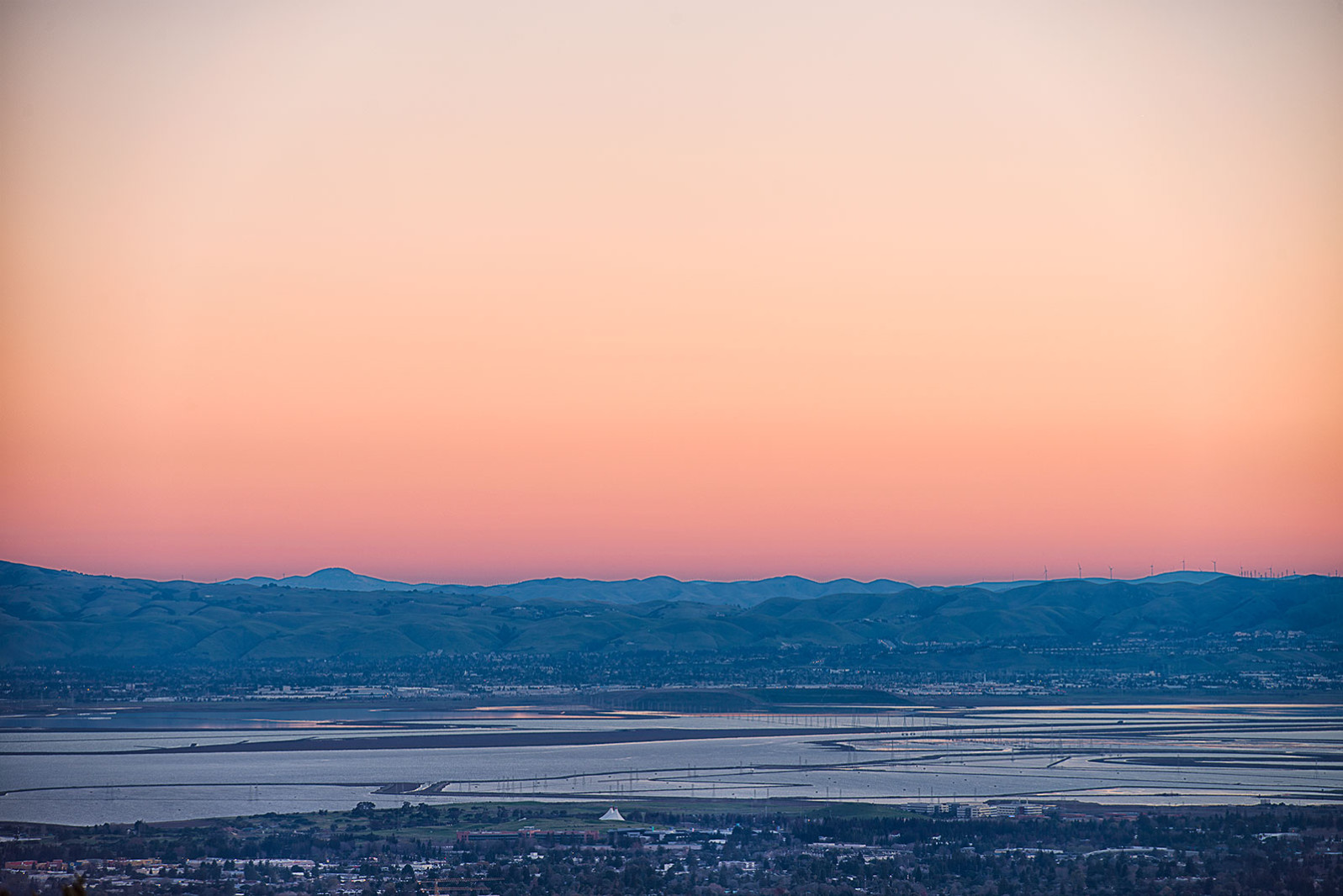
Camera: Nikon D800
Lens: Nikkor AF-S 70-200mm f/2.8G ED VR II
ISO: 100
Focal Length: 200mm
Aperture: f/8.0
Shutter: 1/20s
Ken Chan
November 22, 2015
From the base of the Eiffel Tower, the secrets of this iconic Parisian landmark are revealed. Up close, I can see the iron skeleton that supports the Eiffel Tower. Some parts are purely utilitarian, while others, like the scalloped border that accents the arches, add a decorative flair. Within the staunch legs, the challenging stairs channel climbers up to the higher observation decks of the Eiffel Tower. The climb is not too difficult, and lets you avoid the long wait for the more convenient elevator.
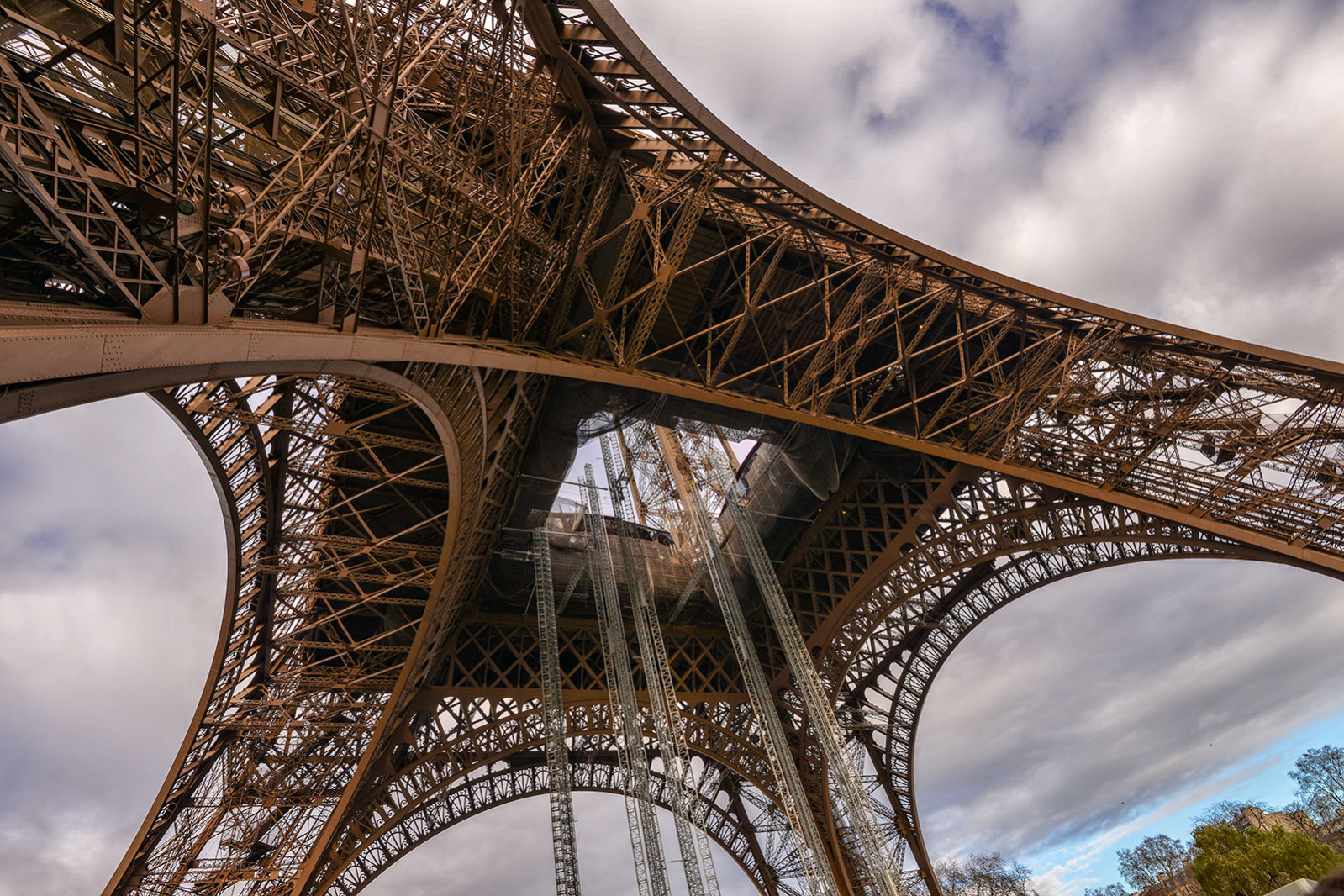
Camera: Nikon D800
Lens: Nikkor AF-S 16-35mm f/4G ED VR
ISO: 100
Focal Length: 17mm
Aperture: f/8.0
Shutter: 1/80s
Ken Chan
November 19, 2015
I’m revisiting some photos that I had taken at the Louvre Museum in Paris, France. I regret that I had taken these as JPG instead of RAW. However, I could still make some adjustments, which I like better than an earlier edit.
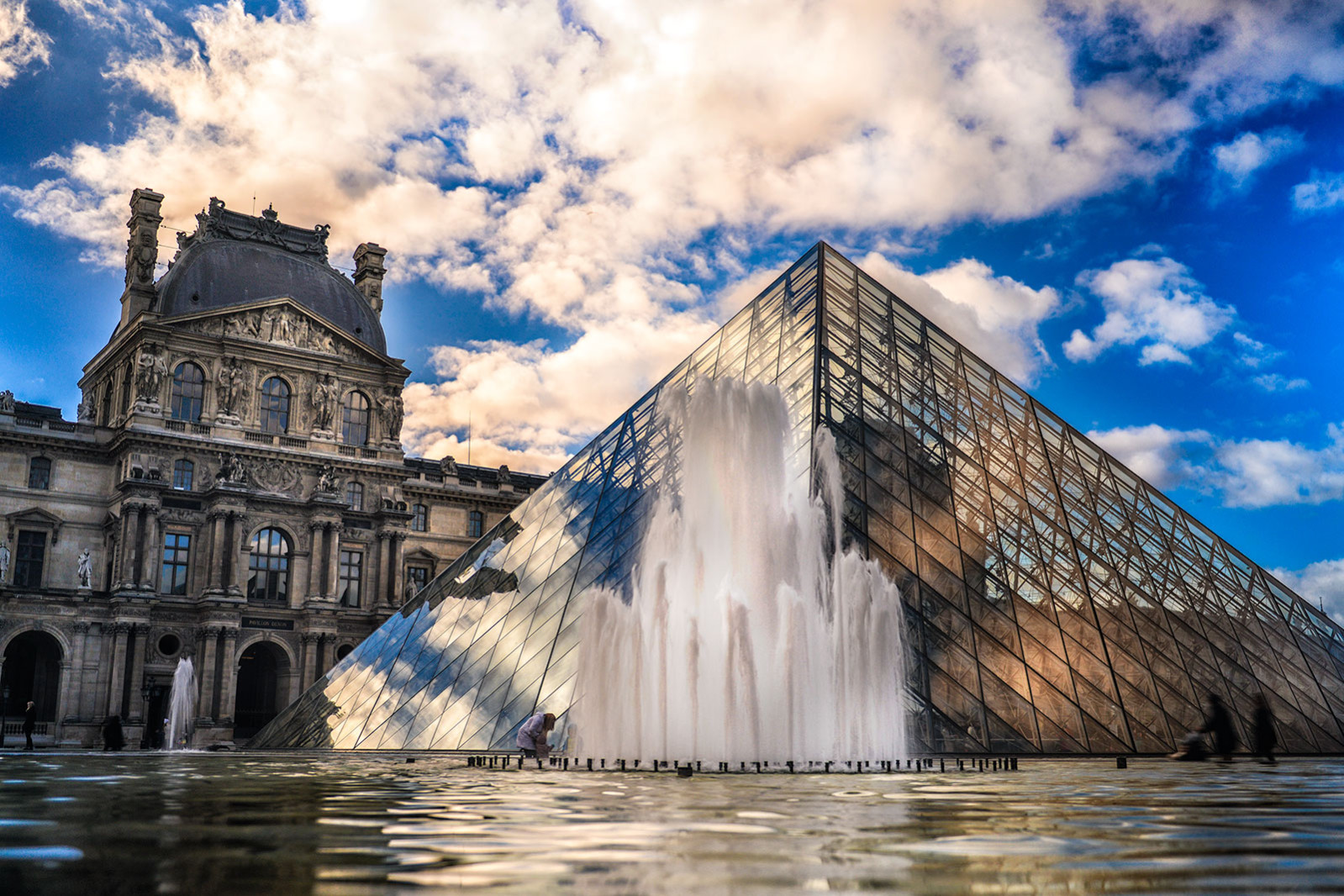
Camera: Nikon D800
Lens: Nikkor AF-S 24-70mm f/2.8G ED
ISO: 100
Focal Length: 29mm
Aperture: f/2.8
Shutter: 1/6s
Ken Chan
September 4, 2015
In modern times, we head to the supermarket for salt. If we study the packaging, we can learn quite a bit about where this treasured commodity originated. Some salt is harvested from the oceans, hence the term “sea salt.” Others come from inland salt mines where ancient seas have long dried out. Just think of Himalayan salt, which sounds like it comes from Tibet, but is really harvested in Pakistan.
The Maras salt terraces in Peru comes from a mountain stream that flows with salt water. This water is collected in evaporation ponds in terraces along the mountain side. As it dries, a white crust of salt emerges. Families have been harvesting salt from this location since the days of the Incas.
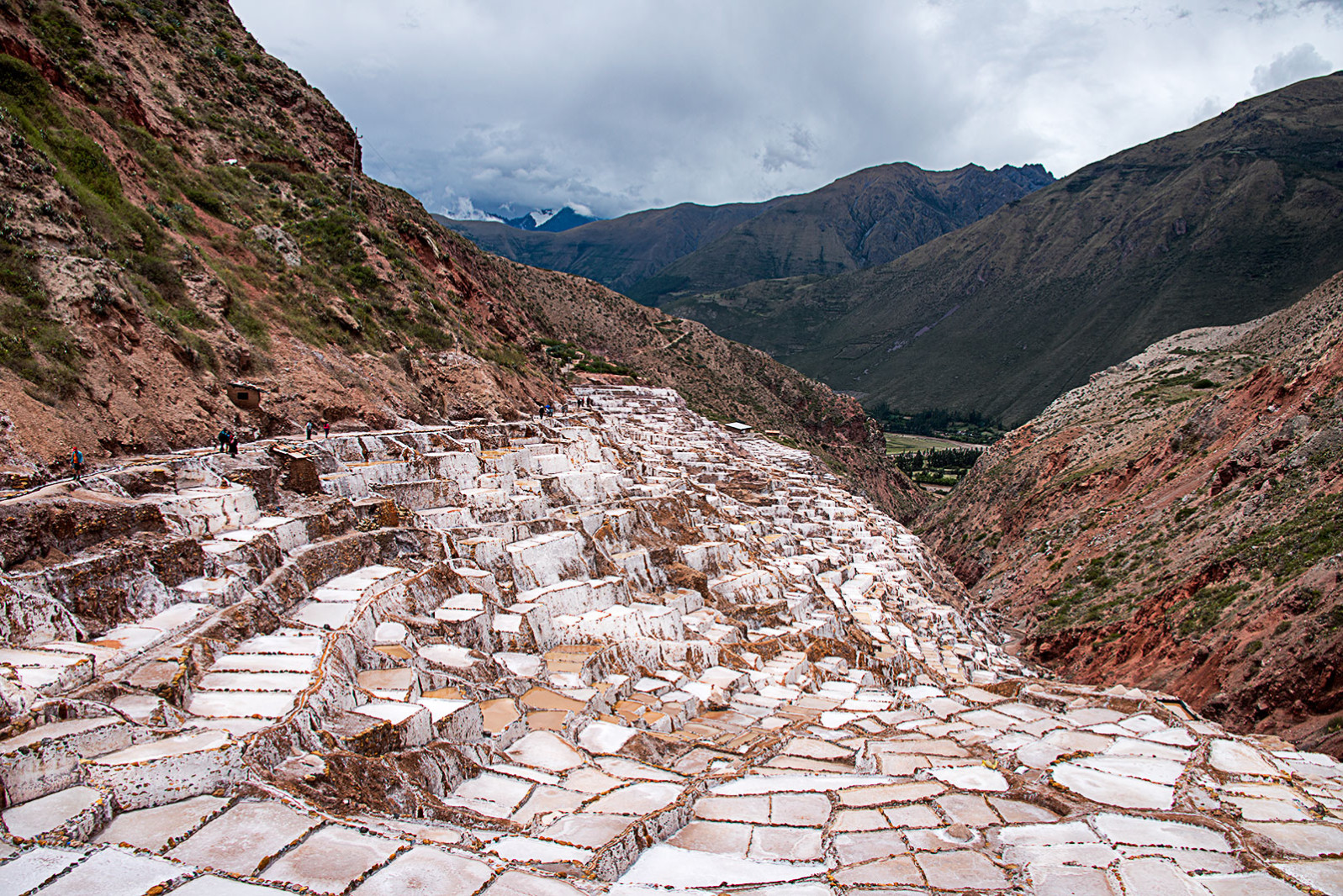
I will have to retry this experiment in a different location. The objective was to take a photo of the stars within an urban environment. For the night sky, the exposure settings were ISO 6,400, f/2.8 and 20.0s. For the church itself, the exposure settings were ISO 100, f/2.8 and 0.4s.
The problem I encountered was all the nearby lights that were pointed at the lens would cause some severe glare, particularly at those settings.
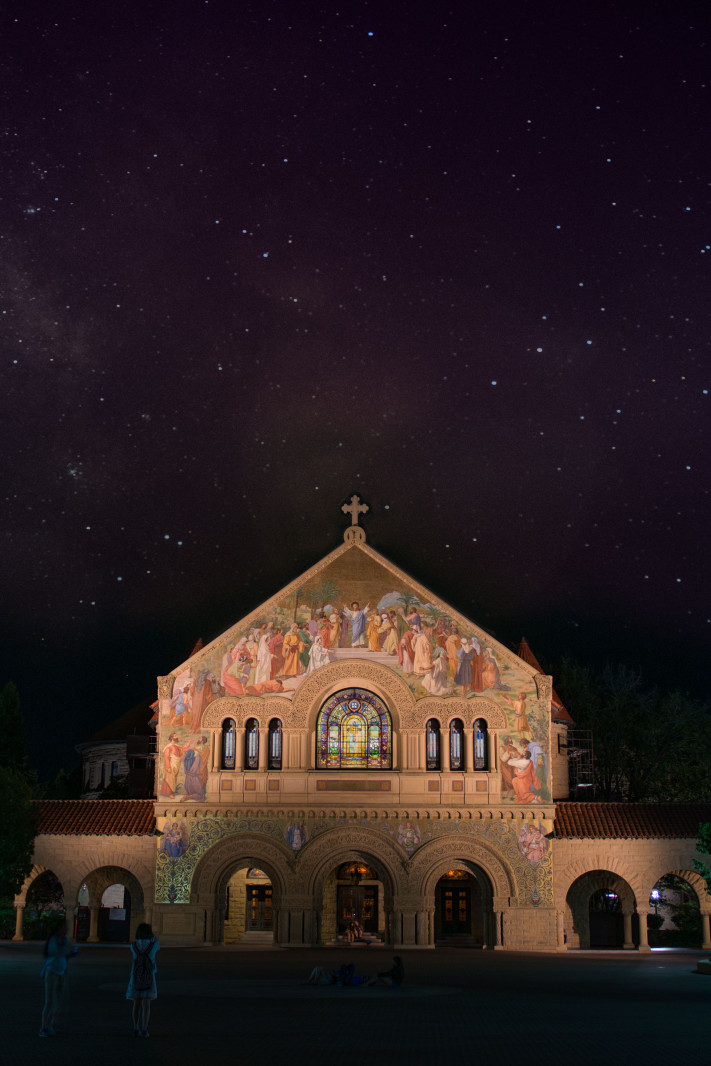
I headed out tonight hoping to see the Perseid meteor showers. The big challenge was finding a location that was relatively dark in Silicon Valley. Just a few miles up the foothills, I stopped at a turnout and was greeted with a view of the Milky Way. Every few minutes, the passing cars would zip by and illuminate the trees along the roadside.
I did see a few meteors flash across the sky. The ones closest to the horizon were the most impressive. However, I found the Milky Way to be far more enchanting.
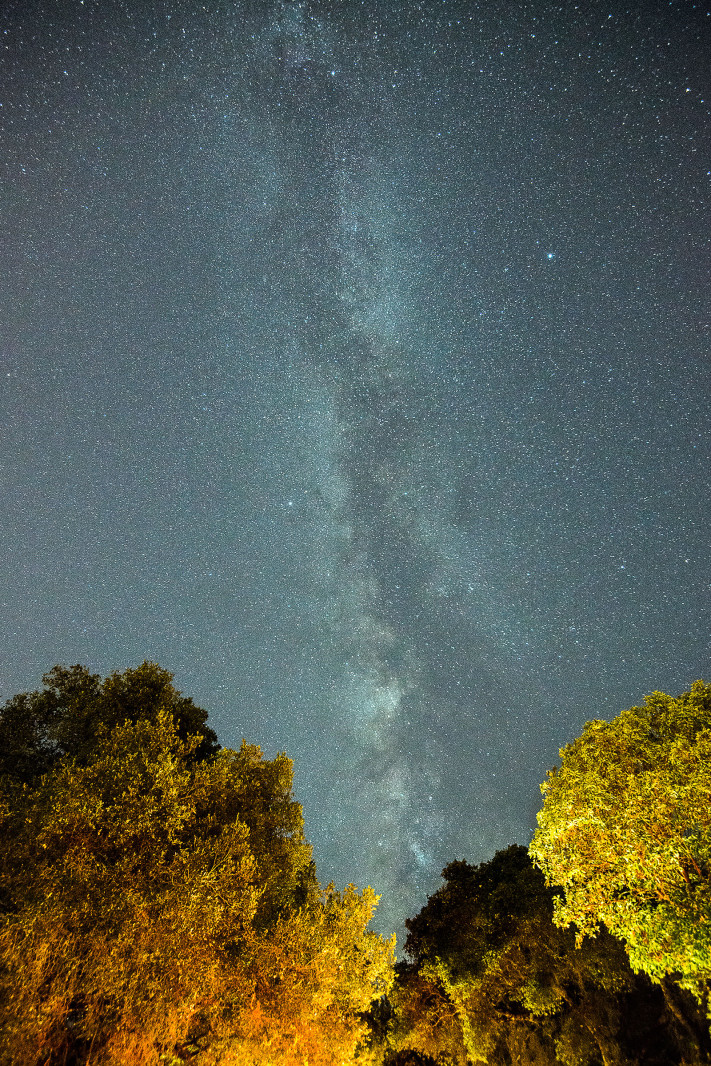
Camera: Nikon D800
Lens: Nikkor 16-35mm f/4G AF-S ED VR
ISO: 3,200
Focal Length: 17mm
Aperture: f/4.0
Shutter: 1/20s
Canyon de Chelly is a testament to the adaptability of human beings. Instead of walled cities, these people built their community into the crevices of the canyon walls. It is almost a cliché to be amazed by the ancient people who wandered the globe before us. But, each of them did whatever they had to do to survive, so that each of us can enjoy the bounties of today.
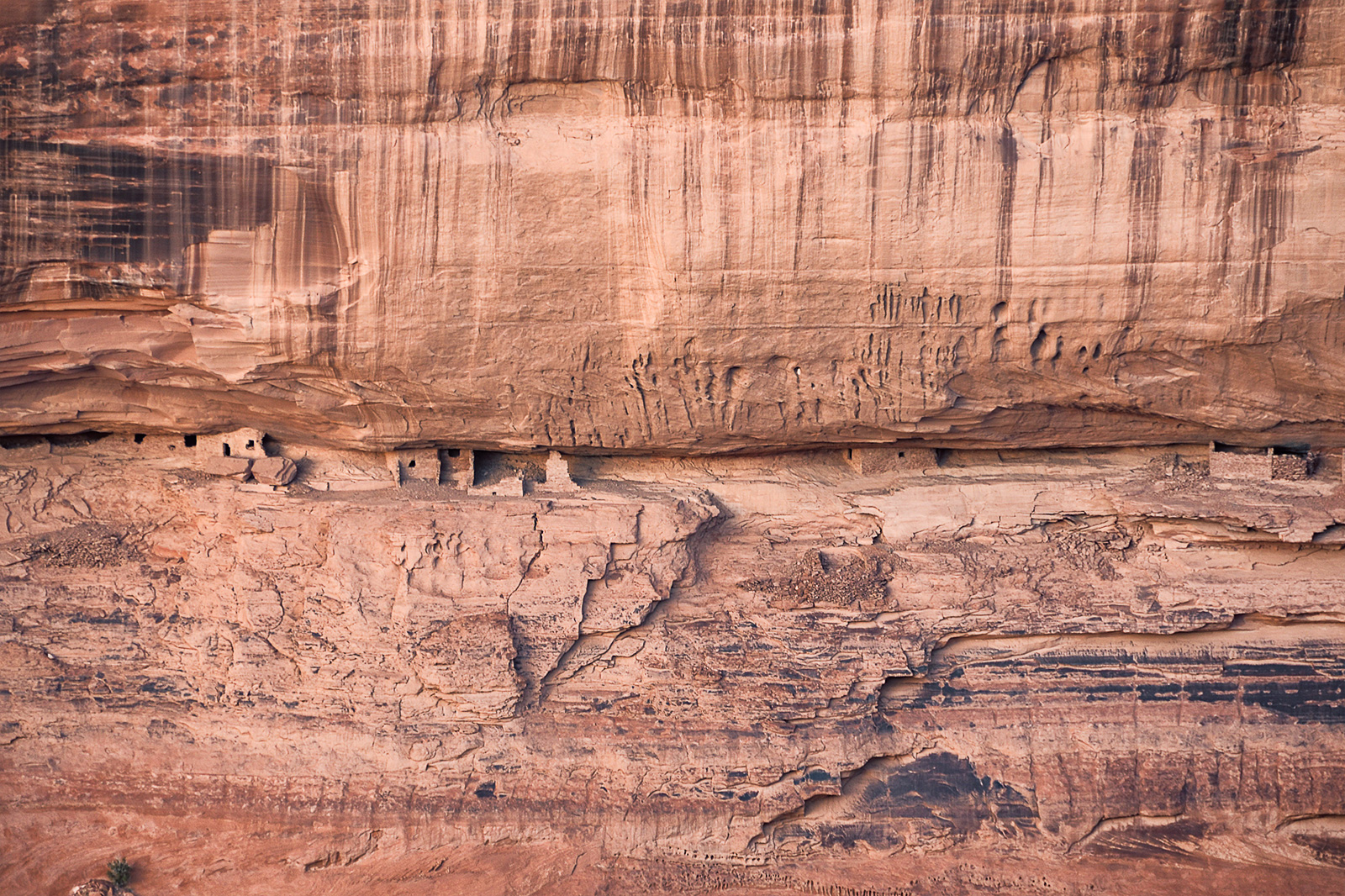
Camera: Nikon D7000
Lens: Nikon 18-200mm f/3.5-5.6G AF-S ED VR IIs
ISO: 140
Focal Length: 200 mm
Aperture: f/5.6
Shutter: 1/30s
Four years ago, I visited Monument Valley. Located a few hours east of the Grand Canyon, Monument Valley is the iconic homeland of the Navajo people. Between the two, I found Monument Valley to be far more interesting. I hired a guide from Monument Valley Safari, who took us to various points of interest in Monument Valley, both natural and man-made. The real highlight was connecting with people I would not have ordinarily met, and understanding how they and their ancestors have lived on this land for generations.
Looking back through my old photos, I cannot wait until I can return to Monument Valley. Four years feels like a long time. The hardware of photography has changed with the prominence of cameras bearing full-frame sensors. More importantly, I have gained four more years of experience and understanding in photography and post-processing. You cannot wish that you had taken better photos in the past. However, you can re-visit those places anew and apply all that you have learned in the interim.
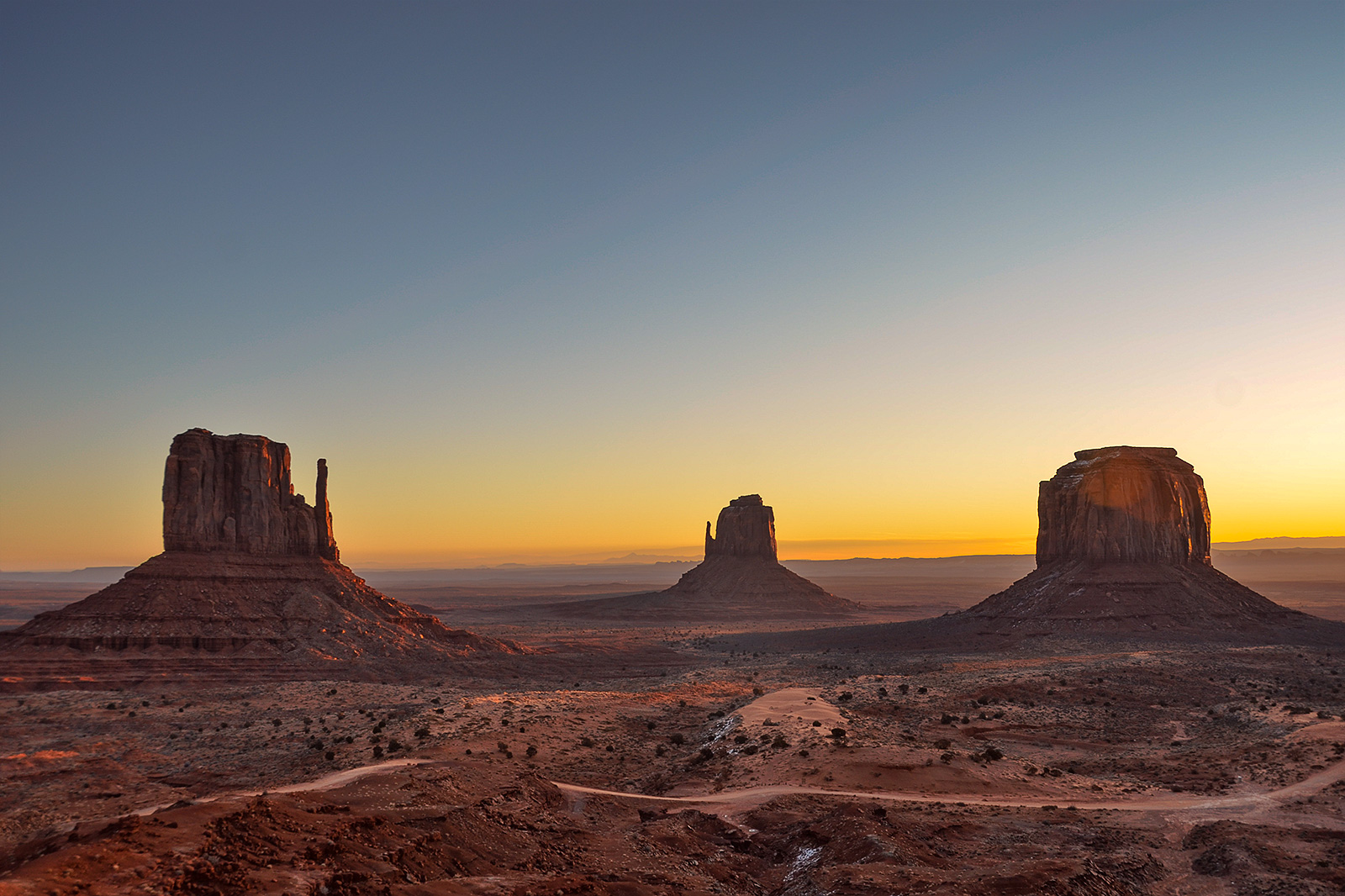
Camera: Nikon D7000
Lens: Nikon 18-200mm f/3.5-5.6G AF-S ED VR IIs
ISO: 100
Focal Length: 22 mm
Aperture: f/5.6
Shutter: 1/125s

